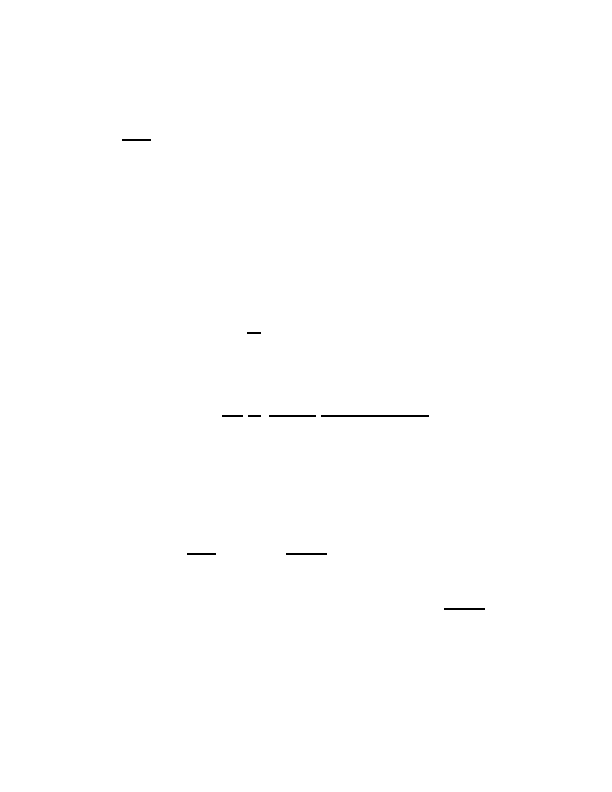
would be to allow the patentee to pre-empt substantially all uses of that fundamental
principle. If so, the claim is not drawn to patent-eligible subject matter.
In
Diehr, the Court held that the claims at issue did not pre-empt all uses of the
Arrhenius equation but rather claimed only "a process for curing rubber . . . which
incorporates in it a more efficient solution of the equation." 450 U.S. at 188. The
process as claimed included several specific steps to control the curing of rubber more
precisely: "These include installing rubber in a press, closing the mold, constantly
determining the temperature of the mold, constantly recalculating the appropriate cure
time through the use of the formula and a digital computer, and automatically opening
the press at the proper time." Id. at 187. Thus, one would still be able to use the
Arrhenius equation in any process not involving curing rubber, and more importantly,
even in any process to cure rubber that did not include performing "all of the other steps
in their claimed process." See id.; see also Tilghman v. Proctor, 102 U.S. 707, 729
(1880) (holding patentable a process of breaking down fat molecules into fatty acids and
glycerine in water specifically requiring both high heat and high pressure since other
processes, known or as yet unknown, using the reaction of water and fat molecules
were not claimed).
In contrast to Diehr, the earlier Benson case presented the Court with claims
drawn to a process of converting data in binary-coded decimal ("BCD") format to pure
binary format via an algorithm programmed onto a digital computer. Benson, 409 U.S.
at 65. The Court held the claims to be drawn to unpatentable subject matter:
It is conceded that one may not patent an idea. But in practical effect that
would be the result if the formula for converting BCD numerals to pure
binary numerals were patented in this case. The mathematical formula
involved here has no substantial practical application except in connection
2007-1130 9

